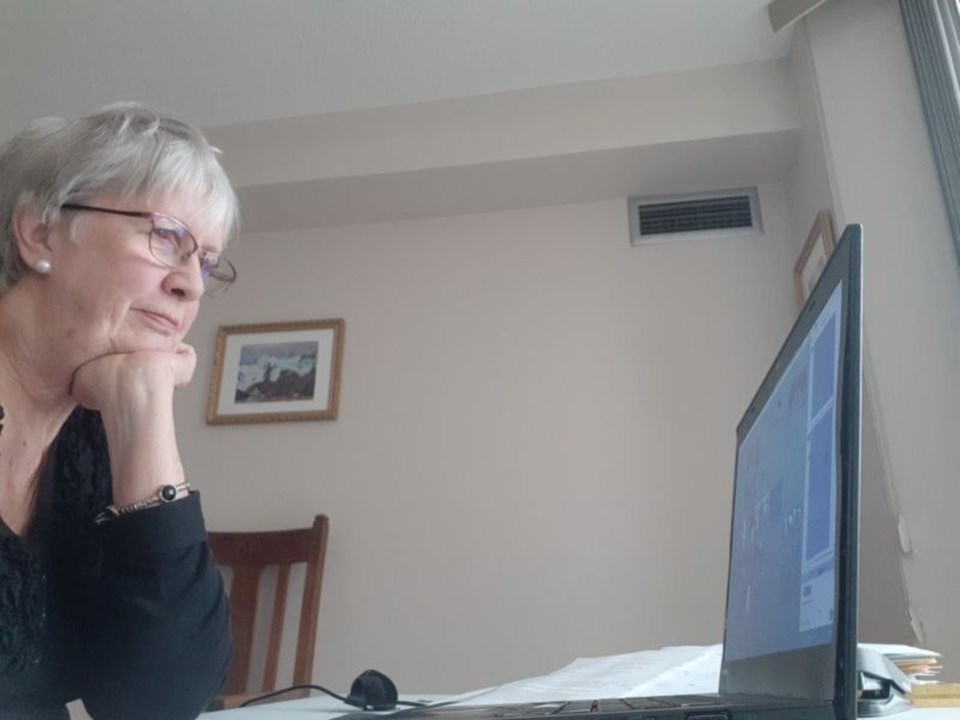Kathleen Mochnacki said it has been a challenge helping her family member deal with schizophrenia.
The York Region resident said her family member had suffered from the mental health condition along with anosognosia, meaning they do not recognize their illness. Mochnacki said her family spent years looking for appropriate, follow-up, long-term care, while the family member went through crises that required intervention from emergency services.
York Region lacks supportive housing, Mochnacki said, and that requires change.
“He needed to be meaningfully engaged. So that meant supportive counselling, referral to vocational programs, referral to recreation programs, ongoing visits to the psychiatrist to monitor medication. That didn’t happen,” she said. “He suffered.”
A group of family advocates is trying to make supportive housing happen. The informal group who have loved ones with long-term mental health conditions are lobbying the government to build up supportive housing that can provide wrap-around, long-term services. At the same time, the group is criticizing a crisis hub proposed by the Canadian Mental Health Association York Region and South Simcoe.
Mochnacki spent three years on a service co-ordination council on mental health and addictions with the local Local Health Integration Network (LHIN), headed by CMHA. After a 2019 report highlighted the need for supportive housing and recommended progress on it, she said she does not understand why it is not seeing more emphasis and progress.
“It just doesn’t make sense that they’re building a crisis hub, which is a reactive response to mental illness, rather than supply supportive housing which would keep people stable,” she said. "People go to the crisis hub, and when they’re discharged, where’s the supportive housing to send them to? It’s like a revolving door.”
Maria Lorenzoni, another York Region resident who is part of the advocacy group, said her child has faced a condition requiring long-term mental health support.
“We are very grateful for the assistance of the government mental health system, but are disappointed and disheartened to see hugely expensive endeavours such as the proposed crisis hub being proposed,” she said. “We would like the government to initiate a discussion before going ahead with this enormous project that will absorb the precious funds that could be put to better use.”
The hub is still in the planning stages following the provincial government providing a $200,000 planning grant in 2020.
CMHA York Region South Simcoe vice-president of clinical operations Frances Reinholdt said building a crisis hub does not have to be at the exclusion of supportive housing.
“This isn’t instead of,” she said. “Building and creating the capacity for an access point in the community is absolutely foundational and will provide care and access to so many people. At the same time, we need investment in supportive housing.”
York Region has worked to bring more housing into the community, Reinholdt said, with CMHA experts contributing.
Once the crisis hub gets provincial approvals, Reinholdt said they can get it operational within two years, but it is not certain when the province will give sign-off on plans.
“It’s a wonderful opportunity that we’re building,” she said, adding that the demand for mental health services will increase in York Region by around 30 per cent by 2030. “It's a really leading-edge facility … We want to divert the folks that don’t need to be in the emergency department away from accessing care in the emergency (department).”
But people who need help beyond a crisis will still be without support, Mochnacki said.
Mochnacki's family member thankfully was able to find some help. She co-founded and helped head Home on the Hill Supportive Housing, a program in Richmond Hill that she said was able to help her family the help they needed.
But more housing like it is still needed in York Region, she said.
“You got people all over the place that are really ill and they’re not getting the care they need,” she said. “It’s so heart wrenching to have this happen.
When it comes to schizophrenia, she said politicians need to educate themselves and take action.
“There seems to be a lack of care there.”



